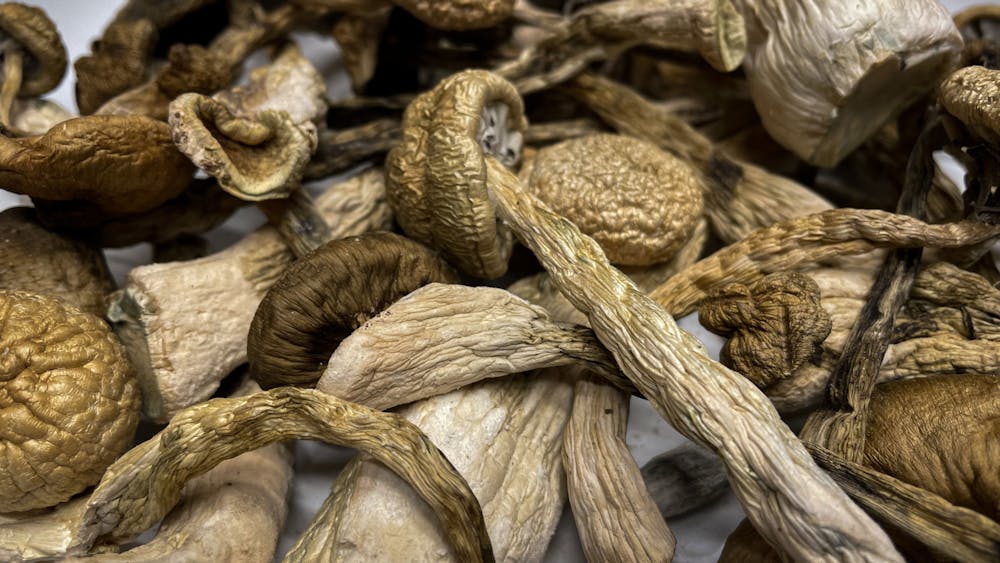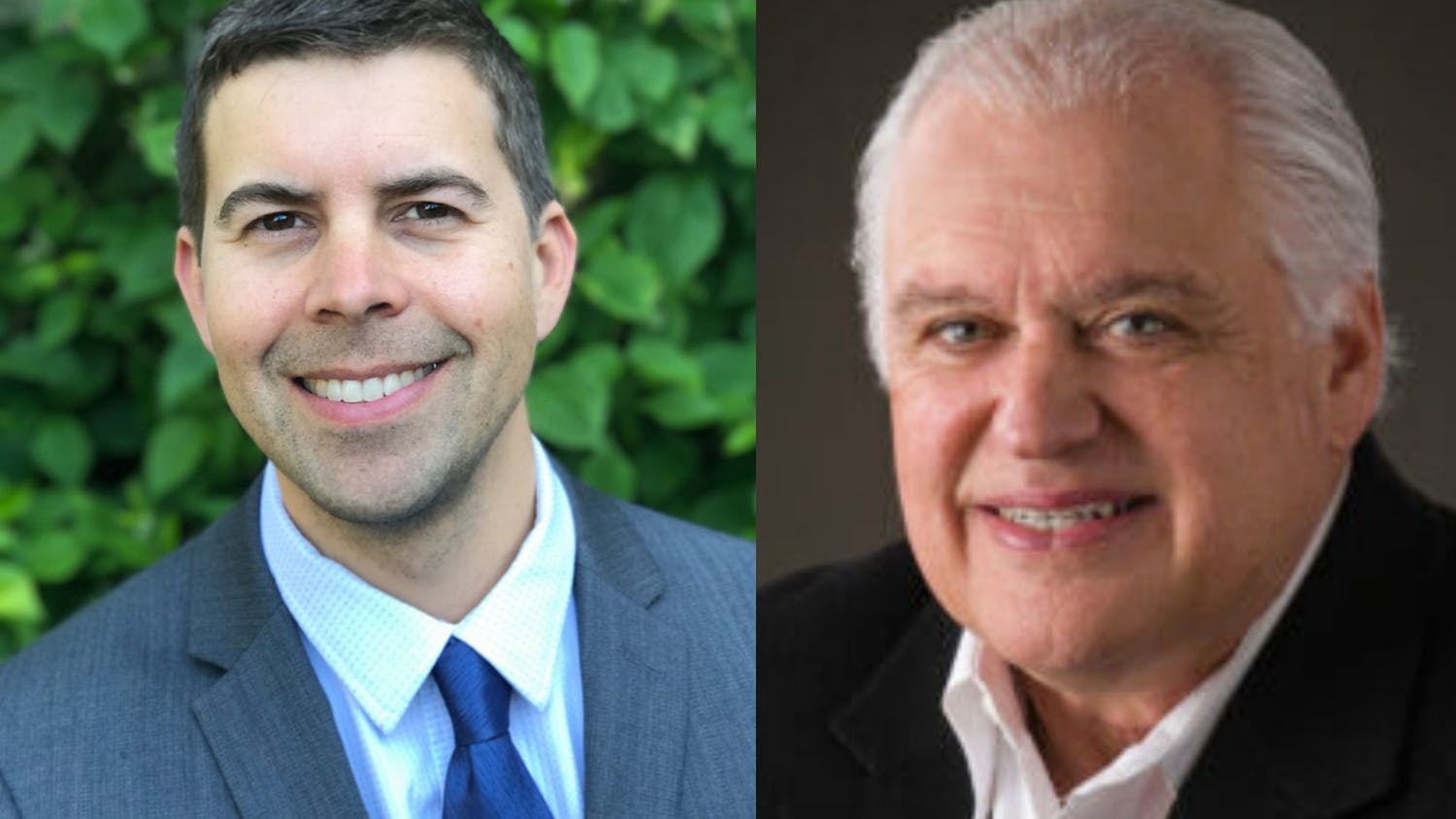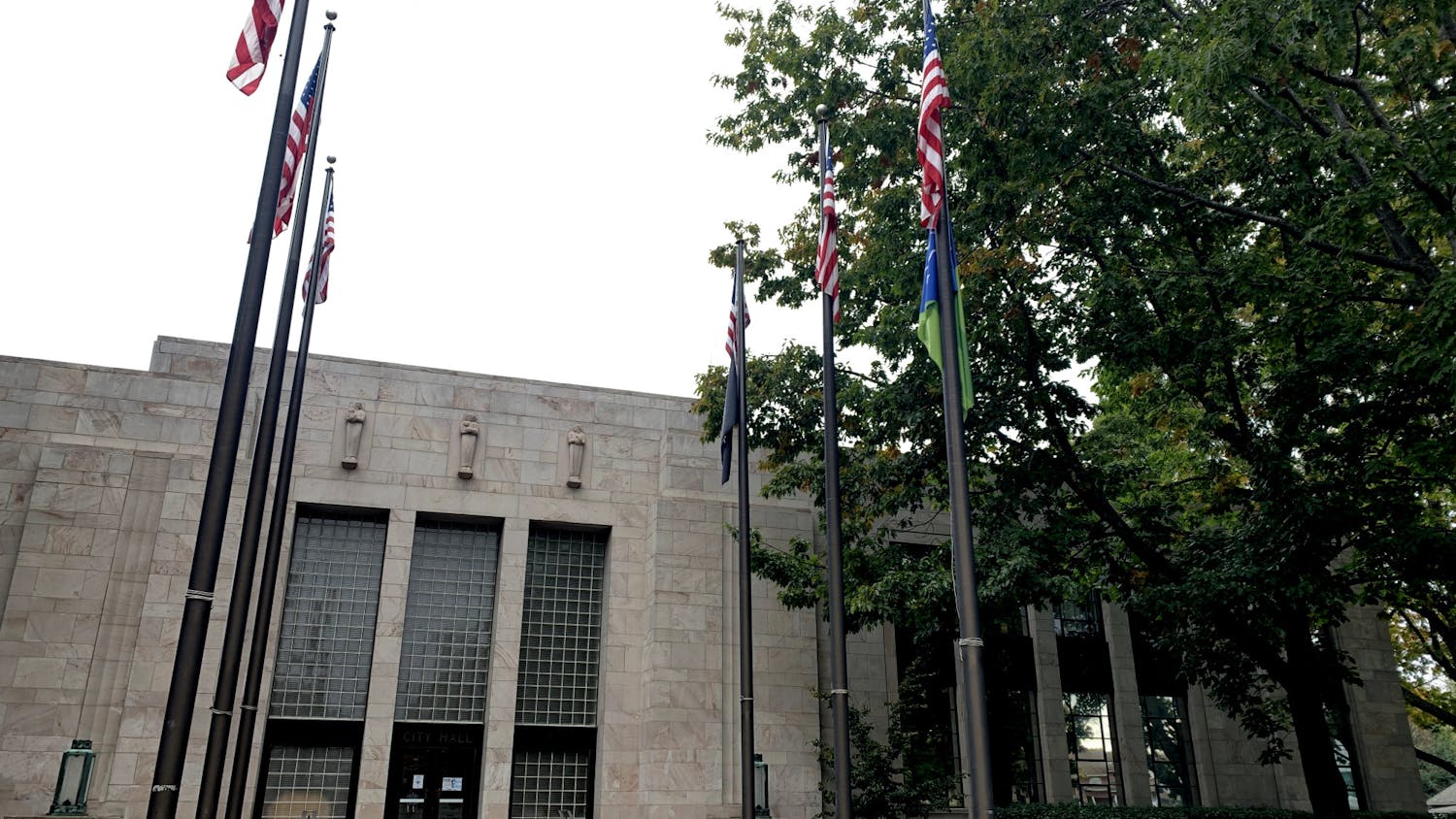Psychedelic mushrooms, among other plant-based psychedelic drugs, might be following cannabis on a road to legalization, thanks to a new resolution sponsored by Seattle City Councilmember Andrew J. Lewis.
Resolution 32021, which passed on Monday, Oct. 4, states “that the investigation, arrest, and prosecution of anyone engaging in entheogen-related activities should be among The City of Seattle’s lowest enforcement priorities.”
Entheogens, as defined by Merriam-Webster, are “a psychoactive, hallucinogenic substance or preparation (such as psilocybin or ayahuasca) especially when derived from plants or fungi and used in religious, spiritual, or ritualistic contexts.”
In 2003, Seattle voters passed Initiative Measure 75, which made cannabis possession the lowest priority for law enforcement. Less than a decade later, cannabis was legalized at a state level.
Oregon state passed legislation that legalized mushrooms for therapeutic use in 2020. Lewis said the end goal is for psychedelic entheogens to be used in monitored therapeutic sessions similar to the Oregon legislature.
The resolution is the first step, but bigger action can only come from state legislation, Lewis said.
In Bellingham, psychedelic mushrooms are still illegal. Bellingham City Council President Hannah Stone said in an email that a resolution to decriminalize psychedelic drugs has not been previously brought to consideration by the Bellingham City Council.
But that doesn’t mean the idea doesn’t have support.
Bellingham City Councilmember Daniel Hammill supports the legalization of all drugs, but also the investment in treatment dollars.
“Drugs should be legal, absolutely,” he said. “Treatment should be widely and readily available, definitely, and without the two halves of the whole, then you have a system where people suffer.”
He points to the Blake Supreme Court Decision which he said “basically made all drugs legal.”
The Washington Supreme Court ruled that the state’s felony drug possession statute was unconstitutional. As a result, Washington State Governor Jay Inslee passed a measure that reclassified simple drug possession as a misdemeanor instead of a felony.
Hammil said legalizing psychedelics is a good way to start, but at the city level, municipal level policymakers can’t do much more than what current laws surrounding drug possession have established.
Lewis said that as far as he’s aware, recreational use isn’t what is being pushed for in relation to psychedelic substances. The movement is advocating for these drugs to be reconsidered as potential medication used to treat a variety of health conditions.
Lewis said the next question will be what kind of regime should be made for the potential distribution of these substances, and that conversation has always focused on a therapeutic nature.
In his research paper, “Psychedelic Psychiatry: Preparing for Novel Treatments Involving Altered States of Consciousness,” Brian Holoyda, writes that if psychedelic drugs become approved as a treatment, psychiatrists should be responsible for their prescription.
He lists anxiety, treatment-resistant depression and substance abuse disorders as conditions that research shows psychedelic drugs have psychotherapeutic potential as a treatment.
Psilocybin Mushroom Taxonomist Caleb Brown, a Western Washington University alumnus, studies mycology. He said he has heard cases where mushrooms were used to treat PTSD, addiction and anxiety in relation to terminal illness.
Brown said he hopes that the decriminalization of mushrooms results in more research being done on their potential medicinal uses as treatments.
In Bellingham in January of 2014, a teenage boy was charged with murder after injesting mushrooms, as reported by The Bellingham Herald. Brown referenced this situation as evidence that mushrooms may not be as safe to recreationally use as other drugs, such as cannabis.
“It’s a strong drug, definitely not something for everyone,” Brown said.
Brown said he is excited for the potential future research into medicinal uses of mushrooms now that they’re being decriminalized.
The University of Washington has the potential to become a global center of research into psychedelic substances Lewis said.
“My hope would be if we can create some new regime where we can study and really look at these substances,” Lewis said.
Western has a Psychedelic Club that aims to decrease the stigma surrounding the substances as well as advocate for increased funding into the substances, as reported by The Front.
Kelton Burns is a reporter for The Front and a third-year Journalism: News/Editorial major. His work focuses on city news, usually related to City Council. He enjoys reading game reviews in his free time. You can reach him at keltonburns.thefront@gmail.com






